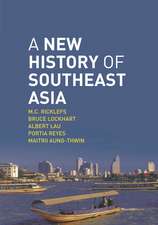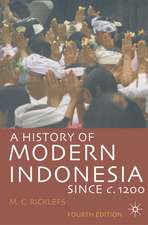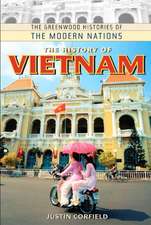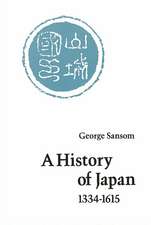Connecting Histories in Afghanistan: Market Relations and State Formation on a Colonial Frontier
Autor Shah Hanifien Limba Engleză Paperback – 10 feb 2011
Most histories of nineteenth-century Afghanistan argue that the country remained immune to the colonialism emanating from British India because, militarily, Afghan defenders were successful in keeping out British imperial invaders. However, despite these military victories, colonial influences still made their way into Afghanistan. Looking closely at commerce in and between Kabul, Peshawar, and Qandahar, this book reveals how local Afghan nomads and Indian bankers responded to state policies on trade.
British colonial political emphasis on Kabul had significant commercial consequences both for the city itself and for the cities it displaced to become the capital of the emerging Afghan state. Focused on routing between three key markets, Connecting Histories in Afghanistan challenges the overtly political tone and Orientalist bias that characterize classic colonialism and much contemporary discussion of Afghanistan.
British colonial political emphasis on Kabul had significant commercial consequences both for the city itself and for the cities it displaced to become the capital of the emerging Afghan state. Focused on routing between three key markets, Connecting Histories in Afghanistan challenges the overtly political tone and Orientalist bias that characterize classic colonialism and much contemporary discussion of Afghanistan.
Preț: 227.23 lei
Nou
Puncte Express: 341
Preț estimativ în valută:
43.48€ • 45.40$ • 35.90£
43.48€ • 45.40$ • 35.90£
Carte tipărită la comandă
Livrare economică 15-29 aprilie
Preluare comenzi: 021 569.72.76
Specificații
ISBN-13: 9780804774116
ISBN-10: 0804774110
Pagini: 288
Ilustrații: maps, figures
Dimensiuni: 152 x 229 x 20 mm
Greutate: 0.4 kg
Editura: Stanford University Press
Colecția Stanford University Press
ISBN-10: 0804774110
Pagini: 288
Ilustrații: maps, figures
Dimensiuni: 152 x 229 x 20 mm
Greutate: 0.4 kg
Editura: Stanford University Press
Colecția Stanford University Press
Recenzii
"Hanifi's book provides an important contribution to our historical understanding of nineteenth century Afghanistan. There is no work that has mined the colonial archives to provide such a detailed examination of the role of trade, markets, and finance in the problematic process of Afghan state-building. Given current interest in Afghanistan, the book has topicality—and it raises important questions, particularly with regard to the intersections between the history of markets and the history of colonialism, that will be of wide interest to historians."—David Gilmartin, North Carolina State University
"Hanifi presents what many have erroneously thought to be a simple and straightforward story in a new light. Covering material that has been largely unexplored up to now, he ties Afghanistan's robust history into the global processes shaping the modern world. This is a highly original, innovative, and engaging work."—Benjamin D. Hopkins, George Washington University
"A brilliant revisionist study that argues that the conventional view of Afghanistan as a model of resistance to colonial power is a myth and that in reality Afghanistan was from the outset a 'colonial construct' whose economic institutions, in particular its commercial and monetary policies, were determined by policies over which it had little or no control. Students of Afghan history will never approach it in quite the same way again."—Robert D. McChesney, New York University
Notă biografică
Shah Mahmoud Hanifi is Associate Professor of History at James Madison University.
Descriere
This work examines the British Indian colonial impact on the economy and society of nineteenth-century Afghanistan, with particular interest in the relationships among Kabul, Qandahar, and Peshawar.
















